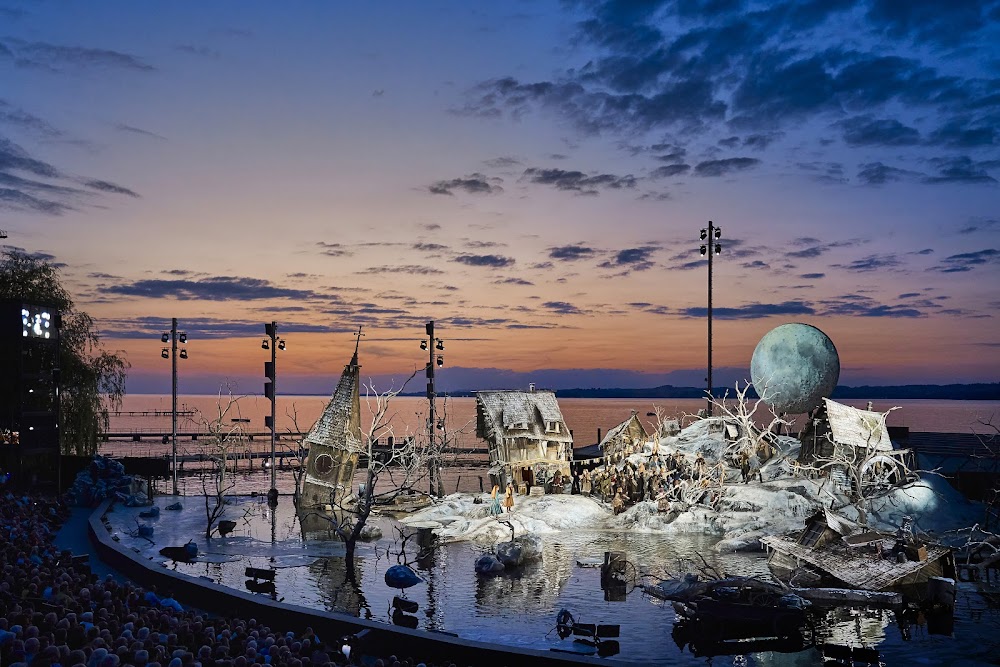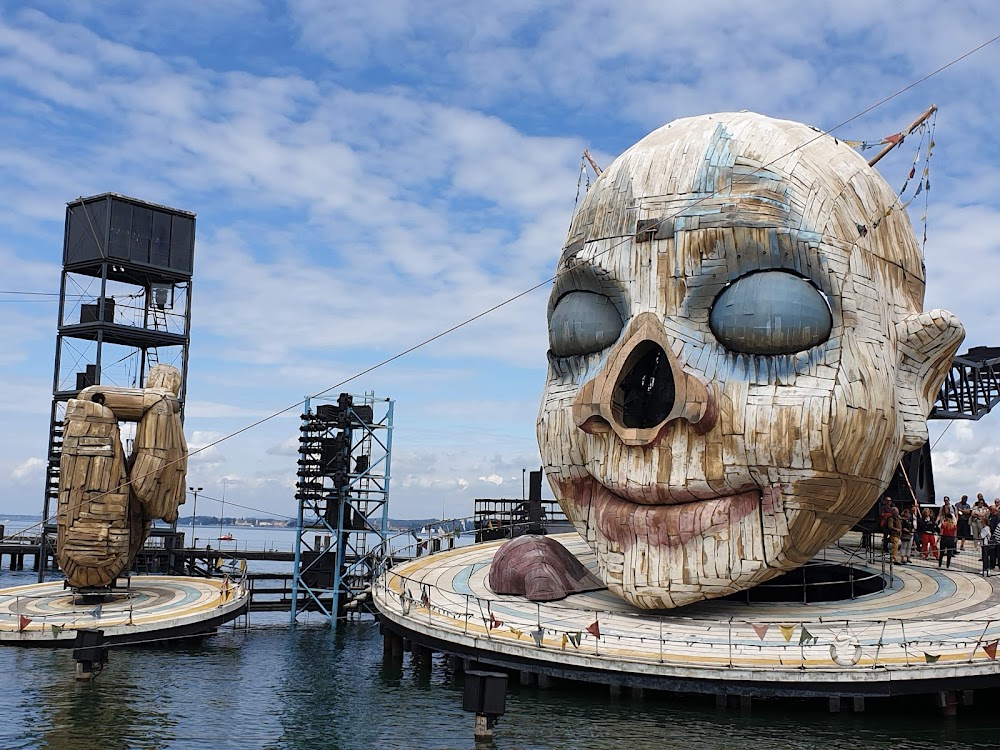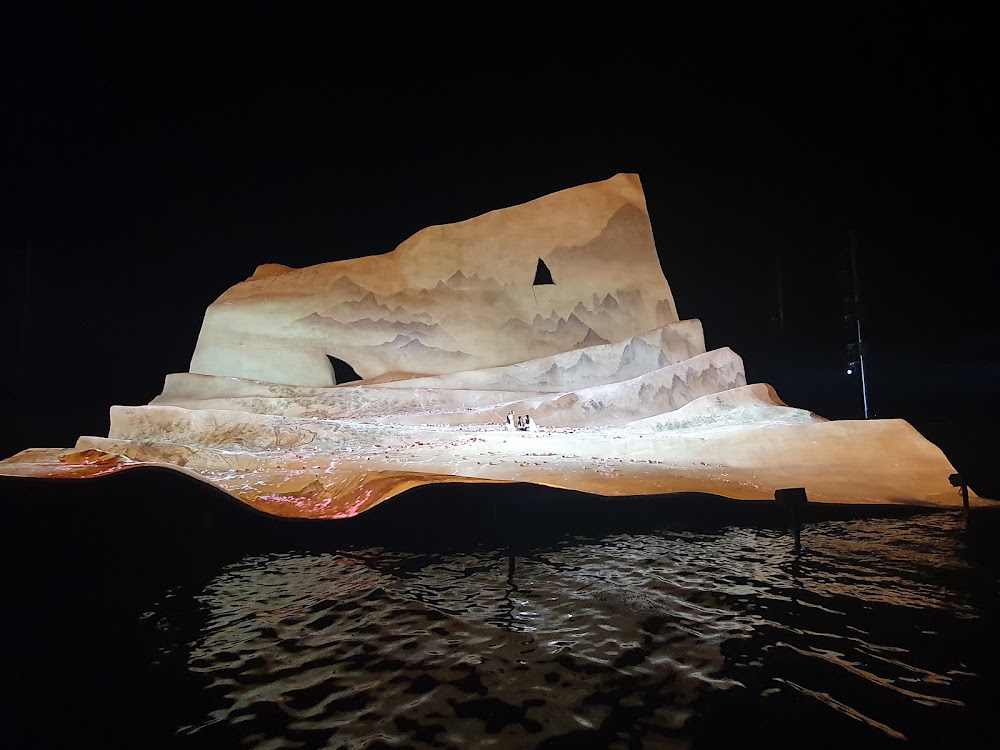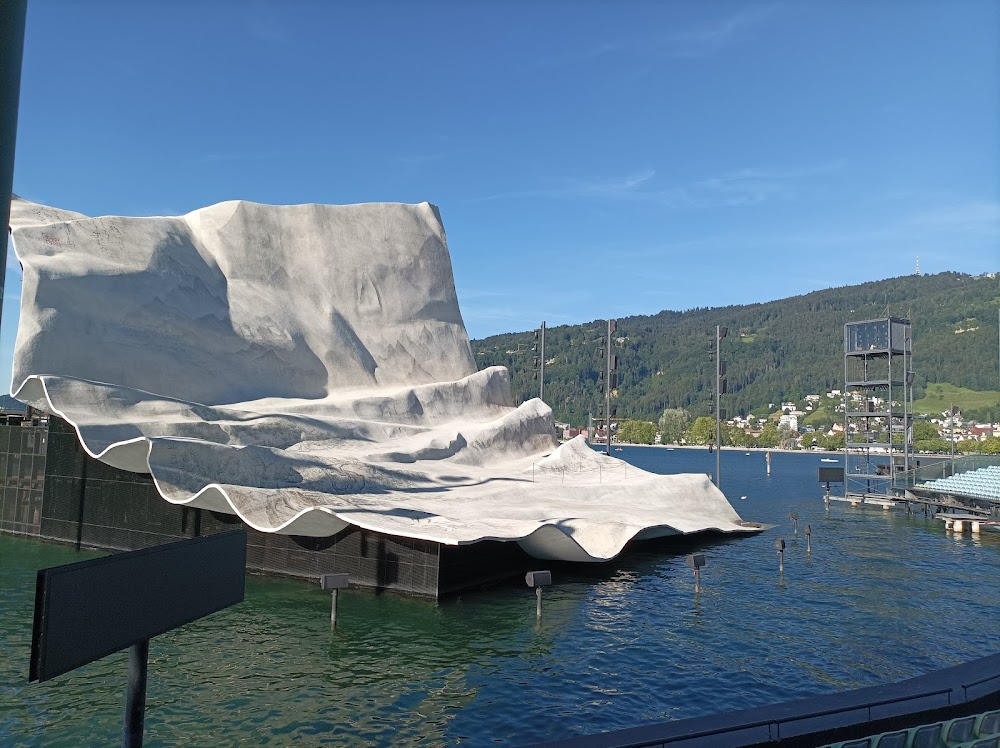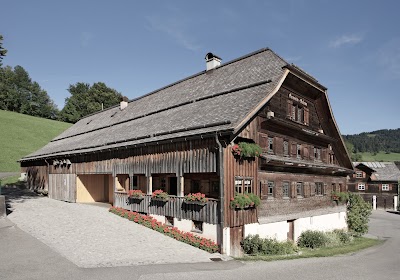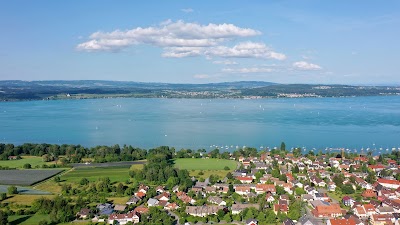Bregenz Festival (Bregenzer Festspiele)
Overview
The Bregenzer Festspiele, or Bregenz Festival, is an extraordinary annual summer event located in the charming city of Bregenz in Vorarlberg, Austria. Established in 1946, this festival has earned a reputation for its breathtaking opera performances on a floating stage set against the stunning backdrop of Lake Constance, making it a truly unique destination in the realm of performing arts.
The inception of the festival took place in the wake of World War II, as Bregenz sought to uplift the community's spirits, encourage cultural revival, and attract tourism. Visionaries and artists from the region, including the influential Otto Schenk, played pivotal roles in realizing this ambitious concept. The festival began with humble performances, yet the enthusiasm and support from the local community propelled its rapid growth.
One of the festival's most remarkable features is the Seebühne, or "Lake Stage," an open-air platform constructed directly on Lake Constance. First utilized in 1950, the idea of staging opera in such a dramatic setting quickly captivated audiences. Each opera presents a new stage design, showcasing breathtaking sets over the years, such as a colossal book during "The Magic Flute" and an enormous clown face for "Rigoletto."
The construction of the Seebühne is nothing short of an engineering feat. Planning typically begins two to three years in advance, starting with conceptual designs. Artists and engineers collaborate closely to create visually striking and structurally sound sets that can endure the elements of wind and rain. The stage often features moving parts, intricate props, and cutting-edge technology, enhancing the overall performance experience.
What enhances the festival even further is its stunning backdrop. As the sun sets over Lake Constance, the changing light creates a natural and dramatic effect that enriches the performances, leaving audiences spellbound. The acoustics are carefully managed with sophisticated sound systems, ensuring that every note resonates clearly, despite the open-air environment.
Over the years, the Bregenz Festival has expanded its offerings beyond the lake stage. It now includes performances at the Festspielhaus, an indoor theater nearby, as well as the Workshop Theatre, which showcases experimental and contemporary works. These additional venues allow the festival to present a diverse array of operas, plays, and concerts, catering to a wide range of tastes and preferences.
The festival has hosted productions from esteemed directors and conductors, featuring world-class tenor and soprano singers. Notable performances include Giuseppe Verdi's "Aida," Georges Bizet's "Carmen," and Giacomo Puccini's "Turandot." The creative staging, elaborate sets, and high-quality performances attract visitors from around the globe, making it a premier cultural event.
In recent years, the festival has also placed a strong emphasis on sustainability and environmental responsibility. Initiatives are in place to minimize the ecological impact of the floating stage and the event as a whole, focusing on optimizing energy use, reducing waste, and preserving the natural beauty of the lake.
The Bregenz Festival has evolved into more than just a local event; it has become an international cultural phenomenon. It significantly impacts the region's economy by creating jobs and boosting tourism. The festival's success stands as a testament to the power of community collaboration, artistic vision, and innovative design.
Today, the Bregenz Festival is a must-visit for opera lovers and cultural enthusiasts alike. With its unparalleled setting and unmatched levels of artistic and technical craftsmanship, it continues to be one of Austria's premier cultural landmarks, drawing visitors from all corners of the world.


